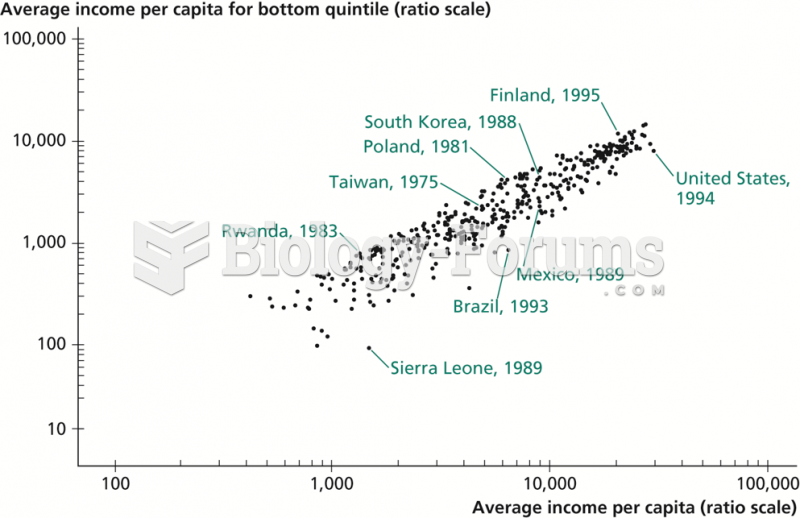Answer to Question 1
Median income is the amount that divides income distribution into two equal
groups: half of the country earns an income above the median, and half earns below
that amount. In contrast, the mean income is the average or the sum of everyone's
income, divided by the number of people in the population. Median and mean incomes
can differ substantially within a country, depending on the degree of economic
inequality. For example, if a country contains a high percentage of unemployed people
and a handful of billionaires like Bill Gates, then median income will be much lower than
mean income, because the billionaires bring up the average. Median income is equal
to mean income only when everyone makes exactly the same amount of money.
Answer to Question 2
The following are some reasons for this trend.
1. The wealthy have the means to mobilize and lobby against redistributive policies,
solving their collective action problems more easily than the poor. Thus, even if the poor
wanted higher taxes and more redistribution, their efforts to mobilize for such policies
would be thwarted by the countermobilization efforts of the wealthy.
2. Faced with the threat of higher taxation, the wealthy can choose not to invest or even
save in their home country and move their money elsewhere. The ability of holders of
capital to place their money in offshore banks or to invest in countries with lower tax
rates dampens political pressures for redistribution.
3. In lessestablished democracies, the wealthy can pressure governments to violently
repress political parties or social movements that favor increased redistribution, and
they can even threaten to overthrow the government.
4. The average voter mitigates his or her own demands for redistribution, believing that
upward mobility is possible for themselves or their children. Therefore, individuals may
not vote on what they are earning today, but rather on what they hope to earn in the
future.
5. Poor voters oppose redistribution because they believe one gets what one deserves
in life and should not ask for a handout.
6. Individuals mitigate their demands for redistribution because they believe they are
richer than they are, in the present.







